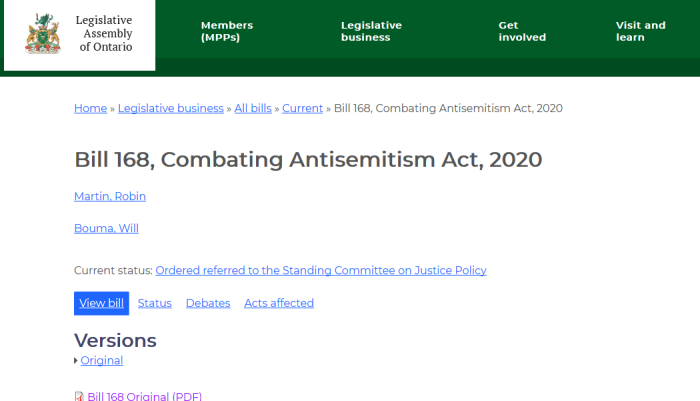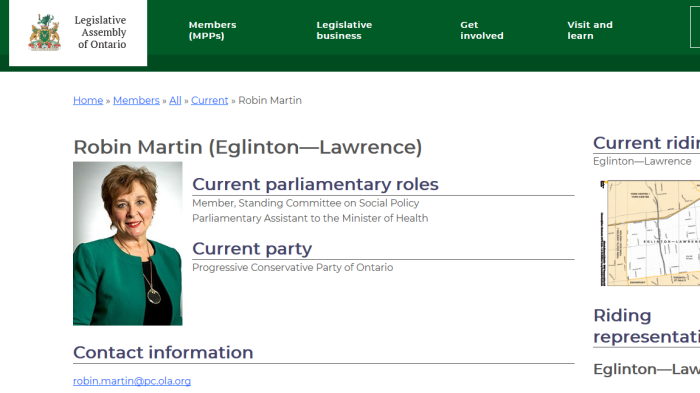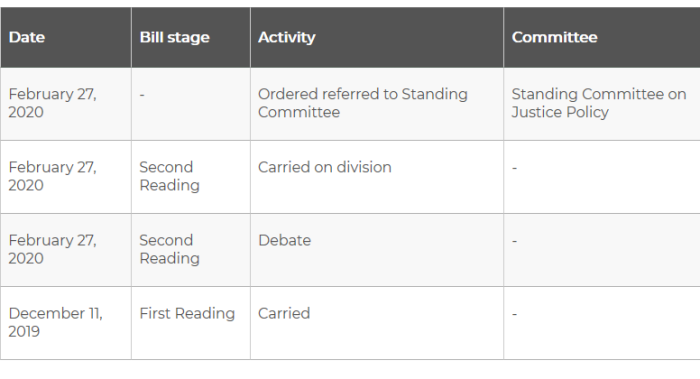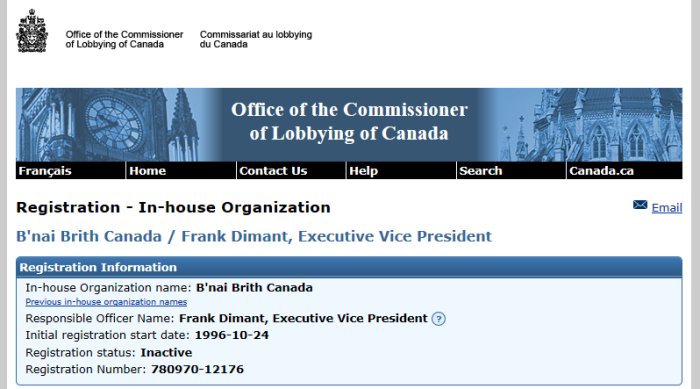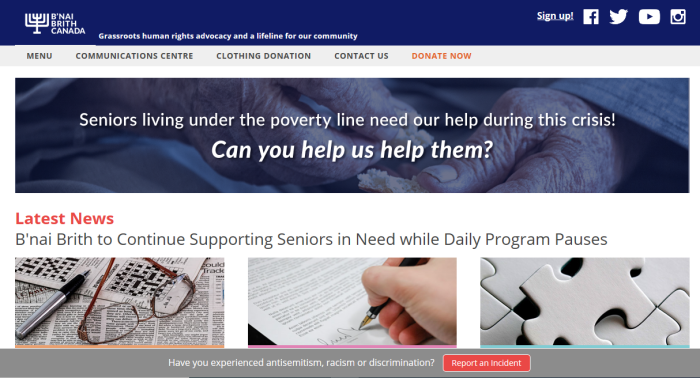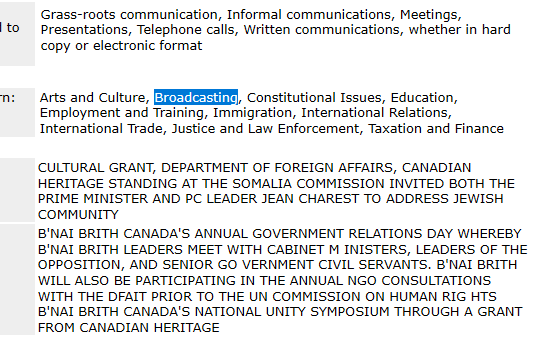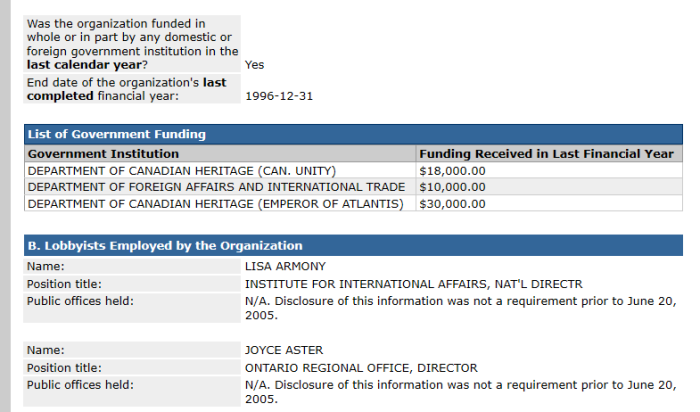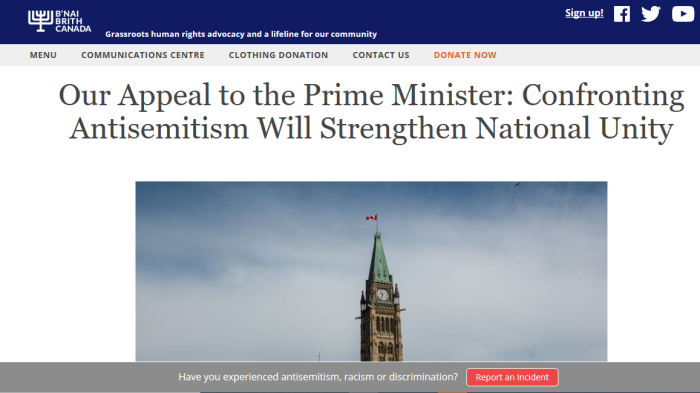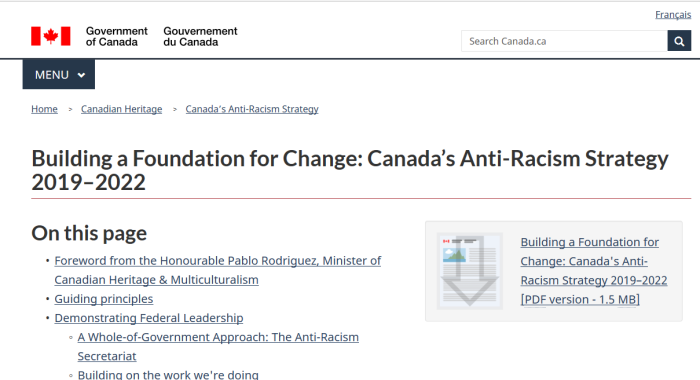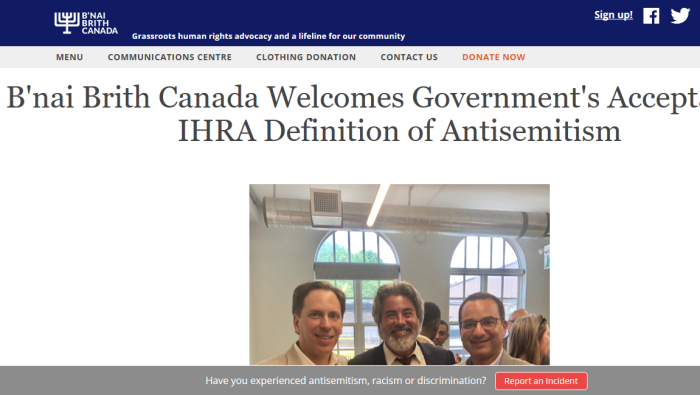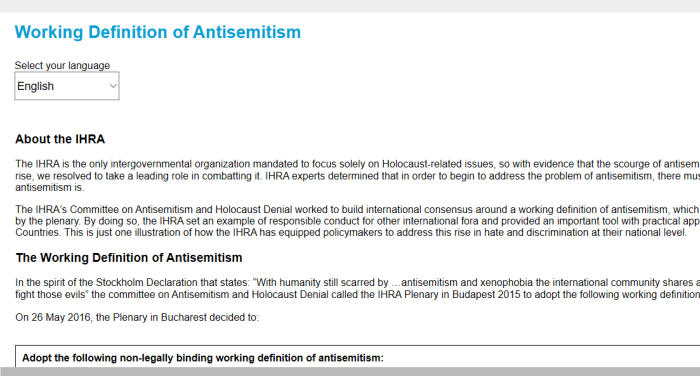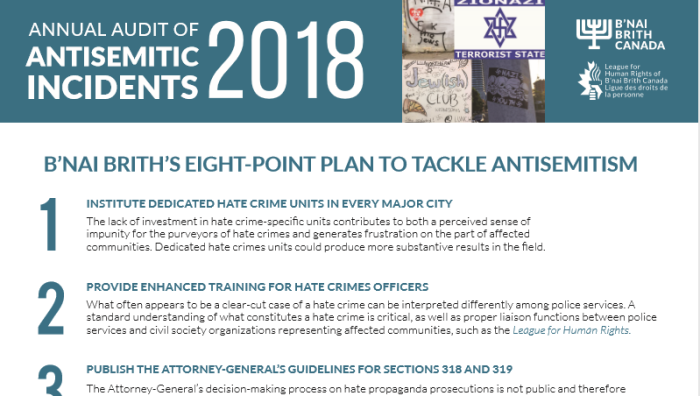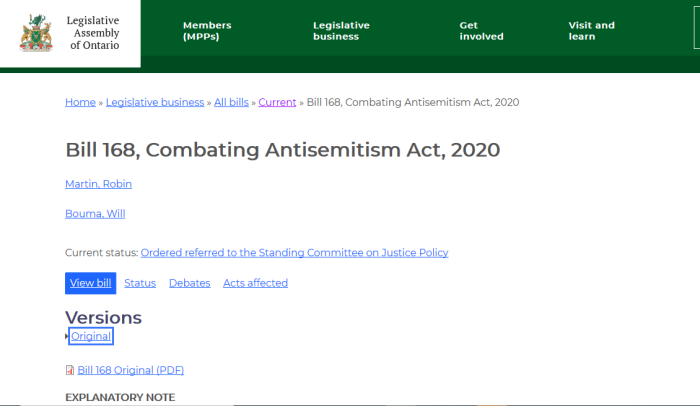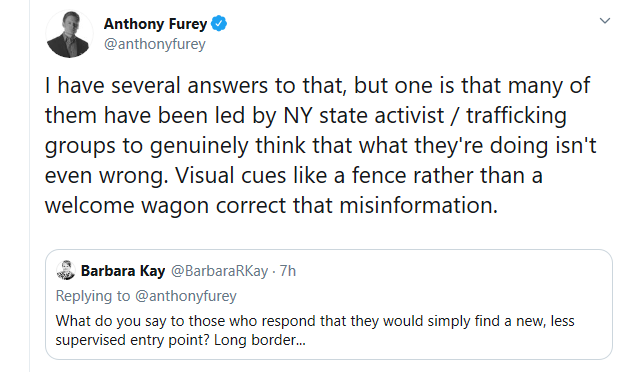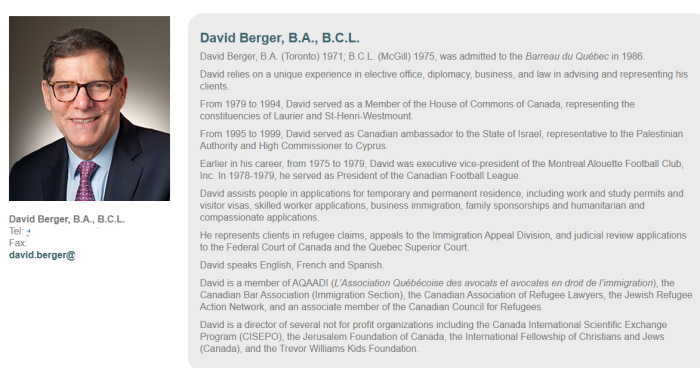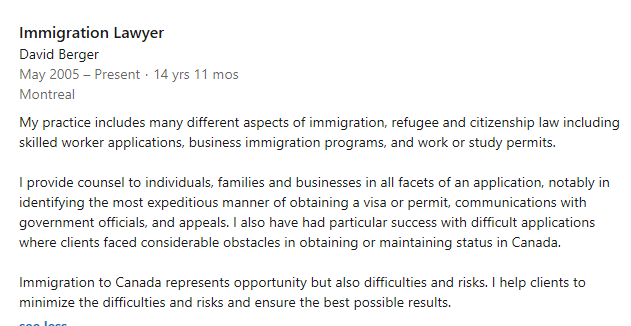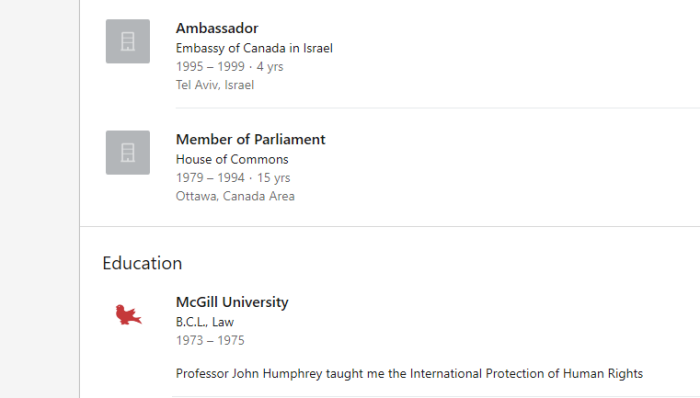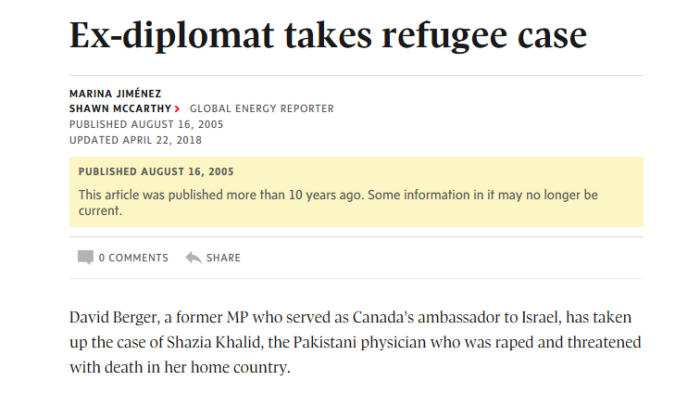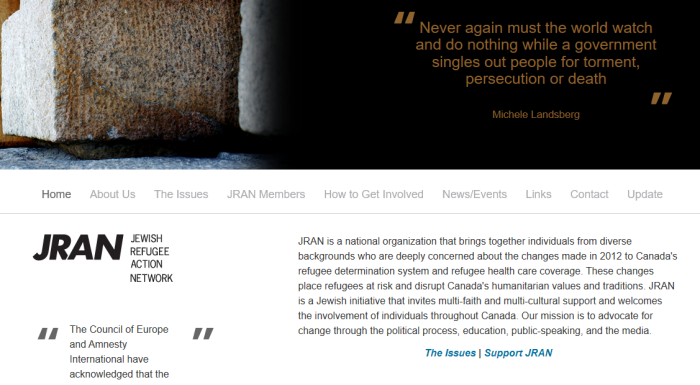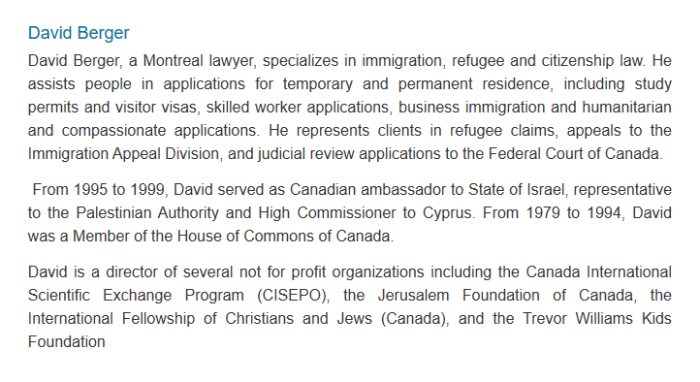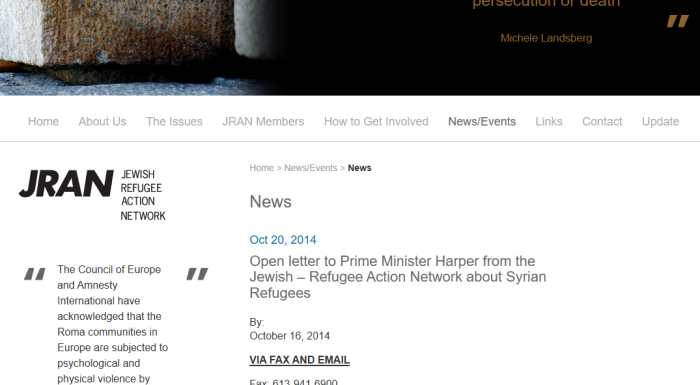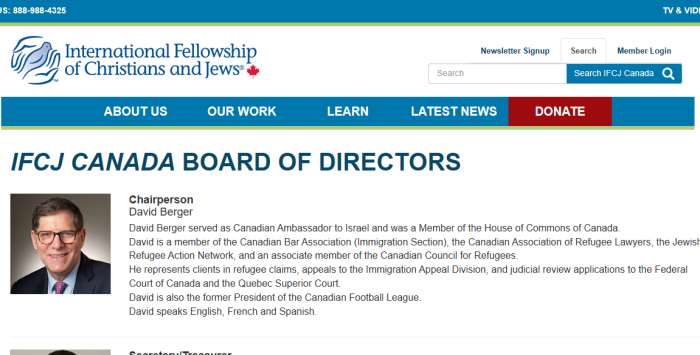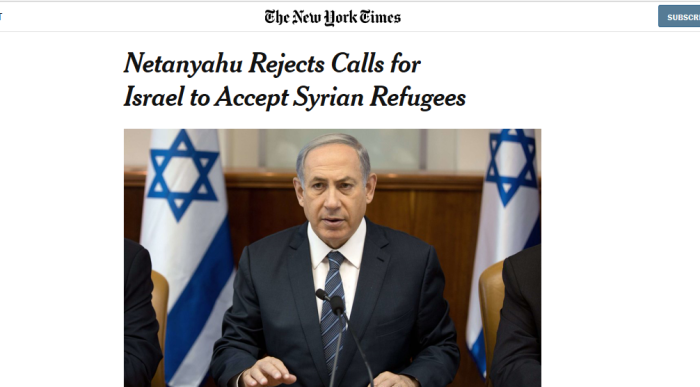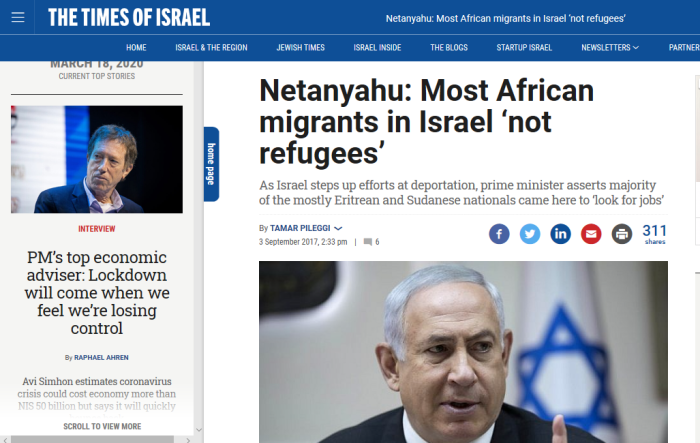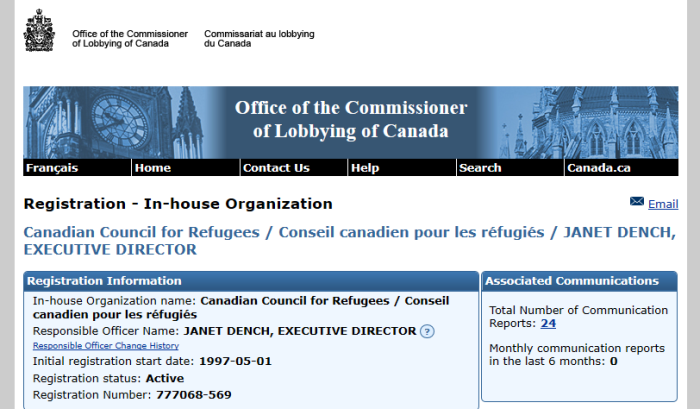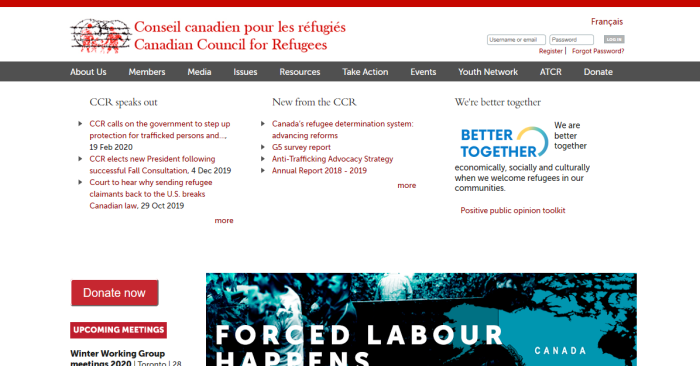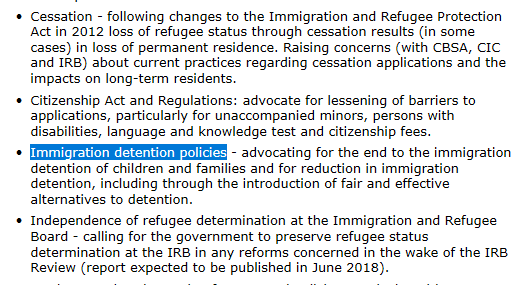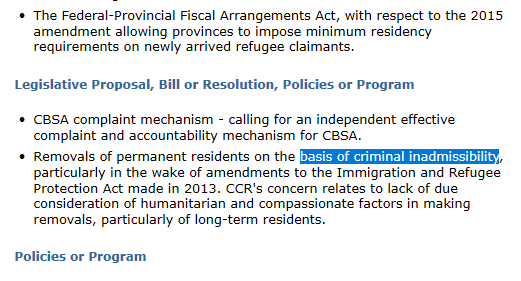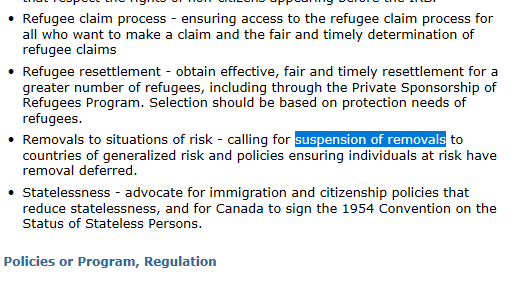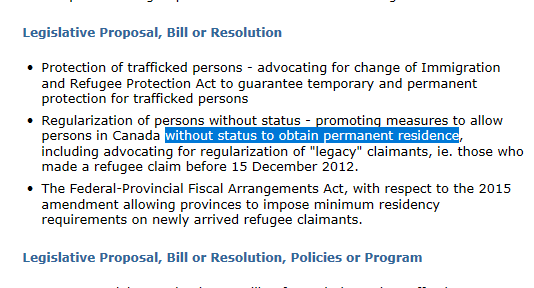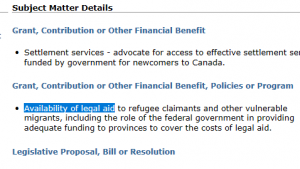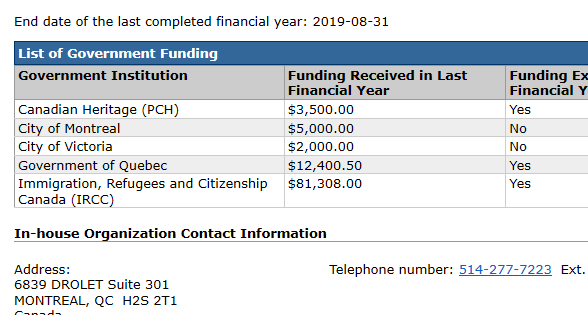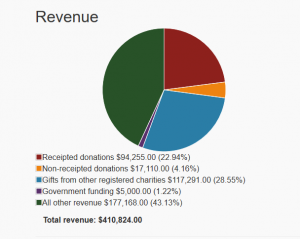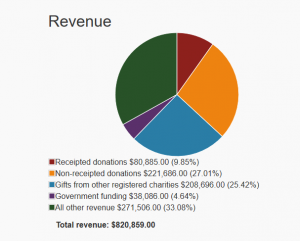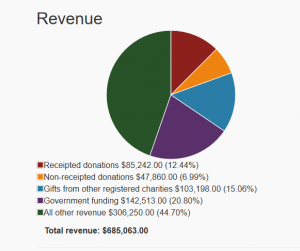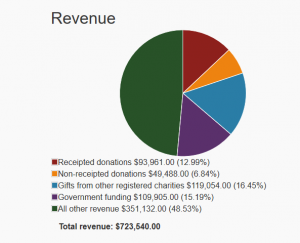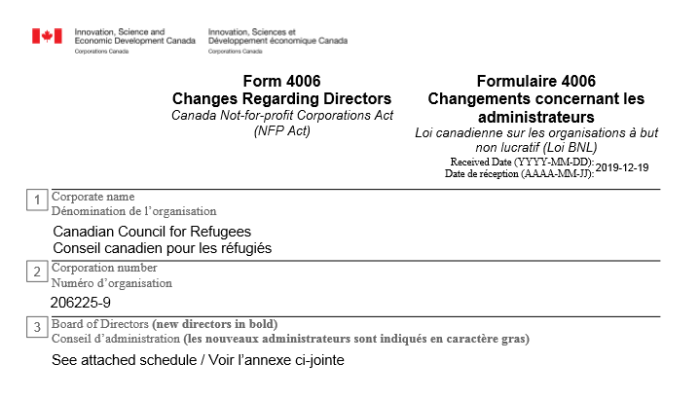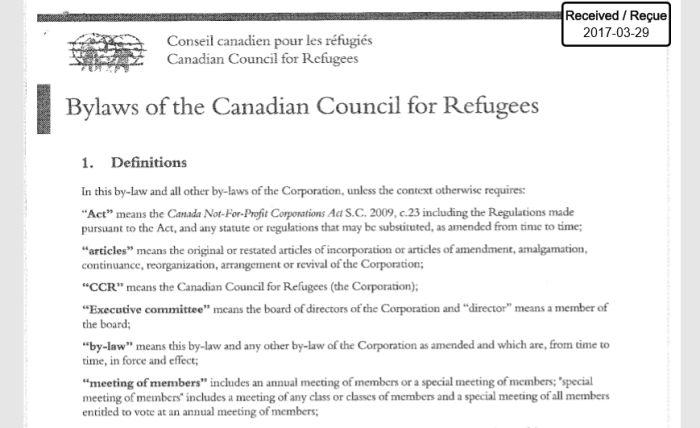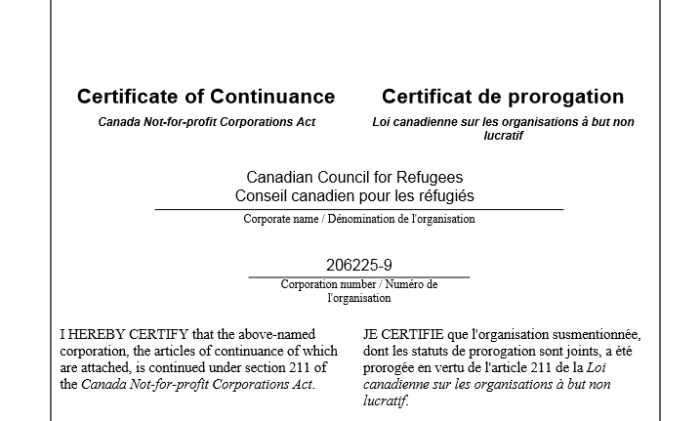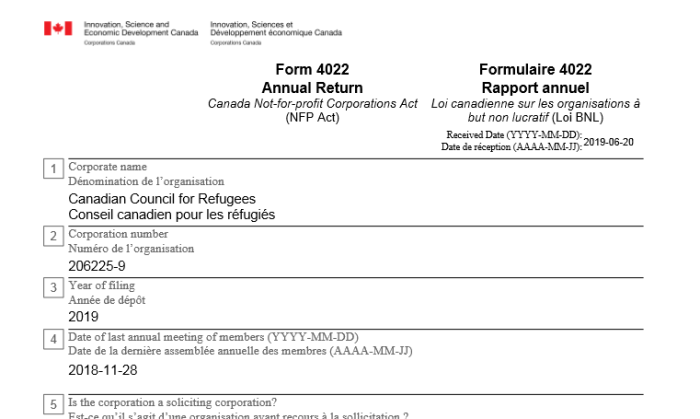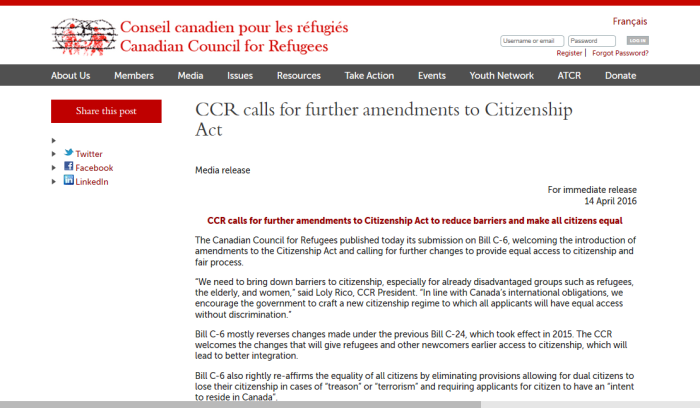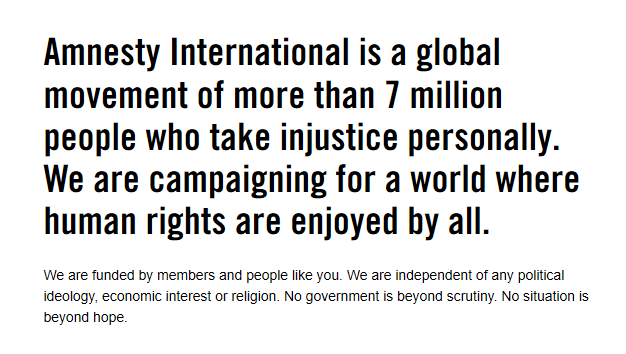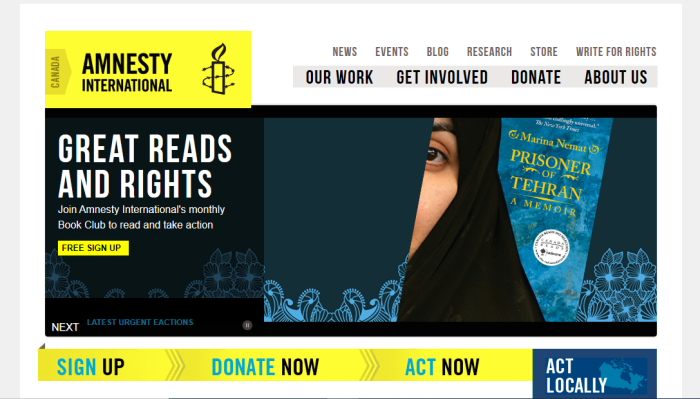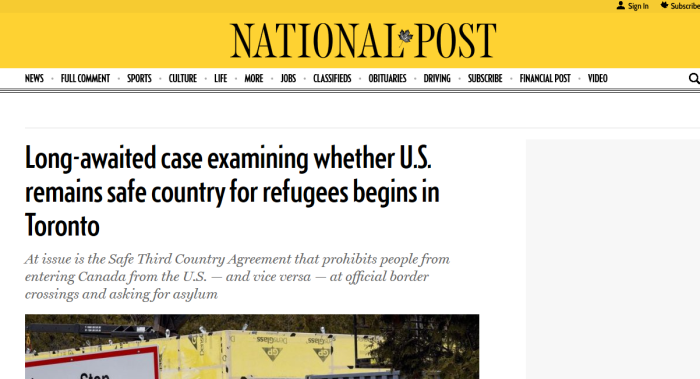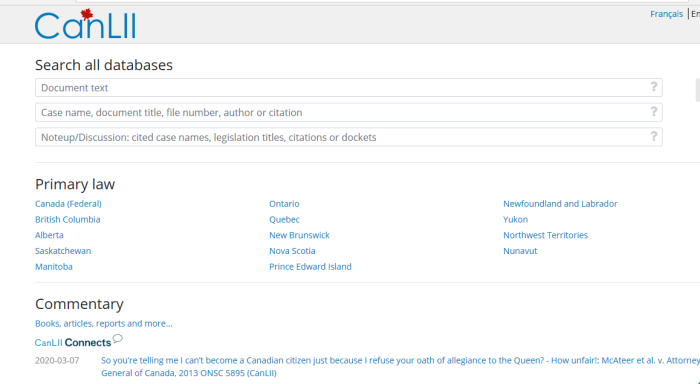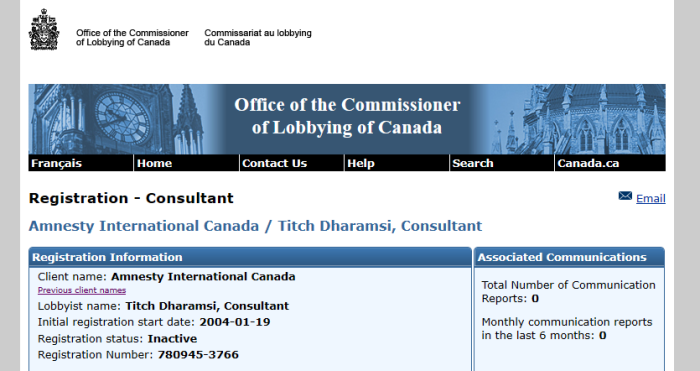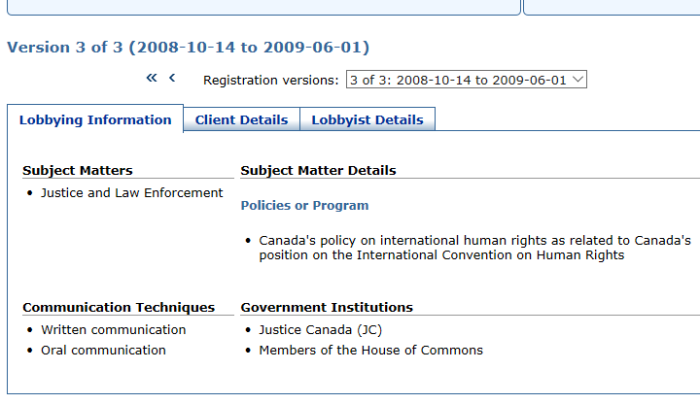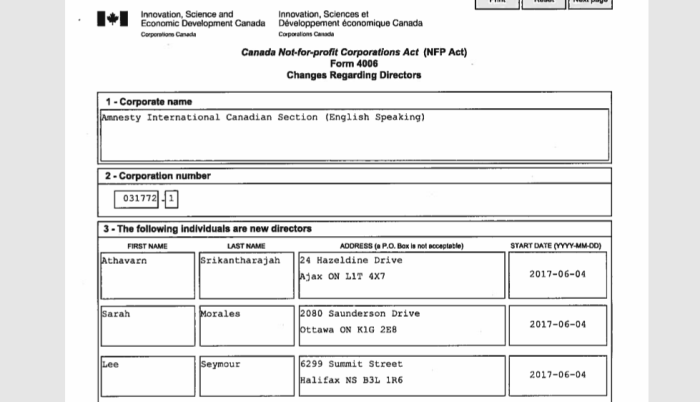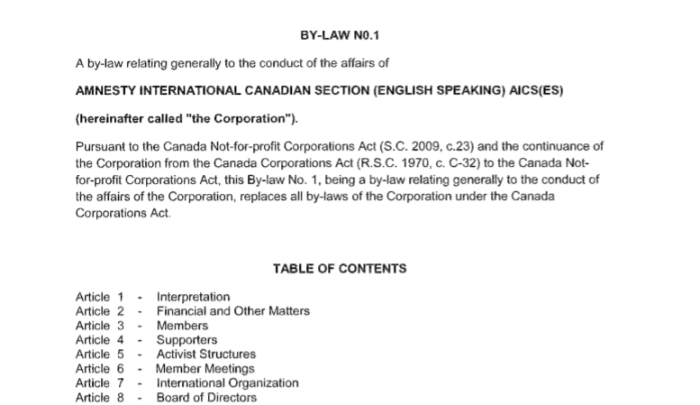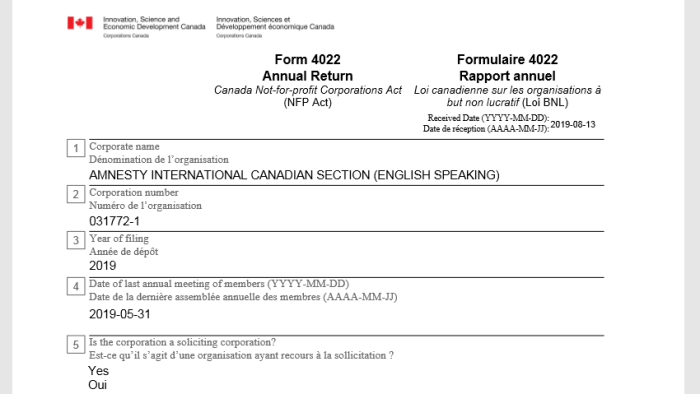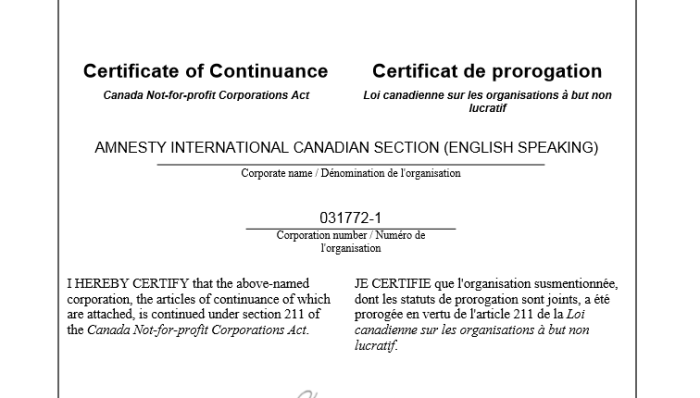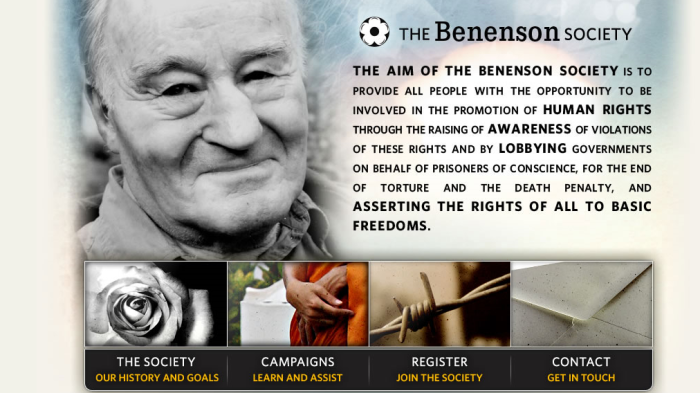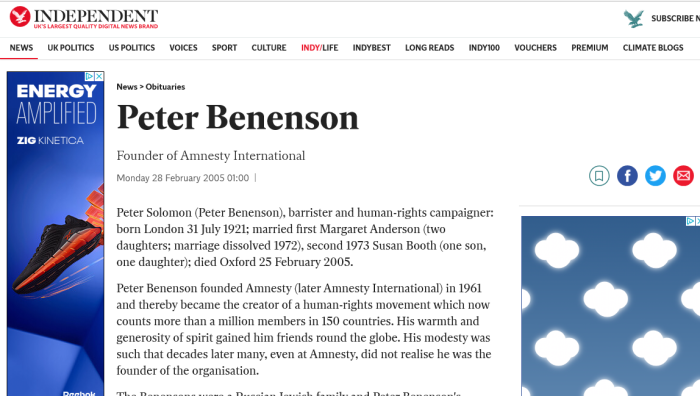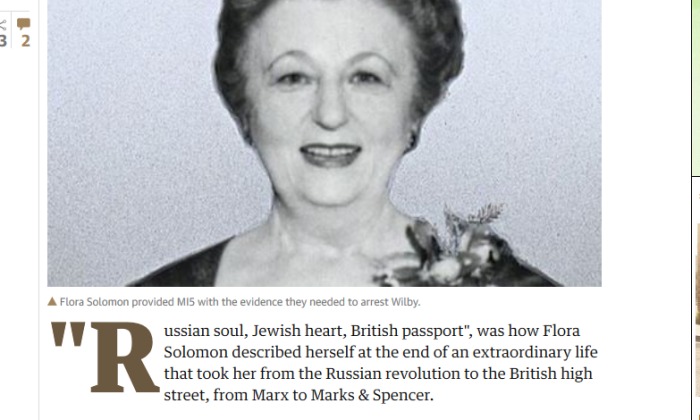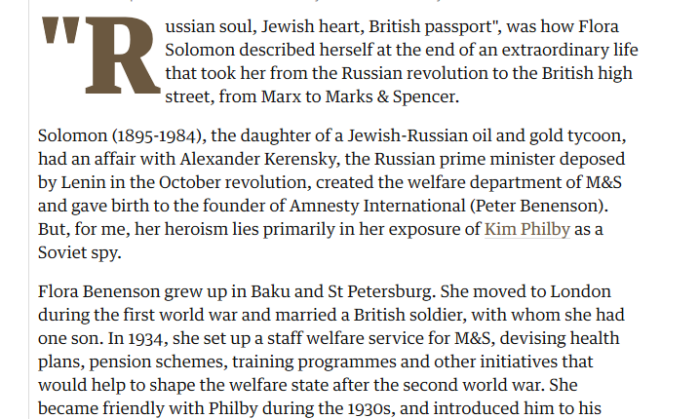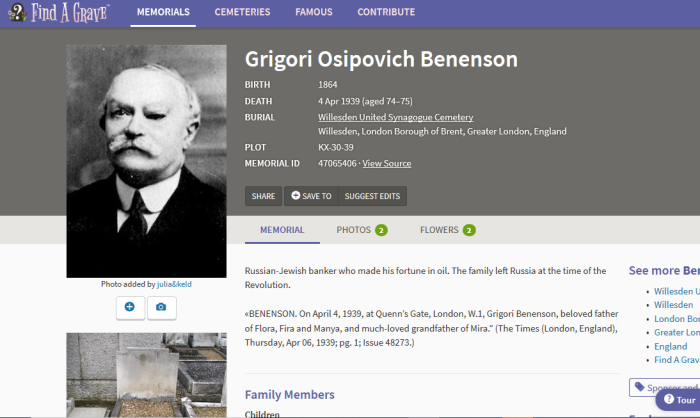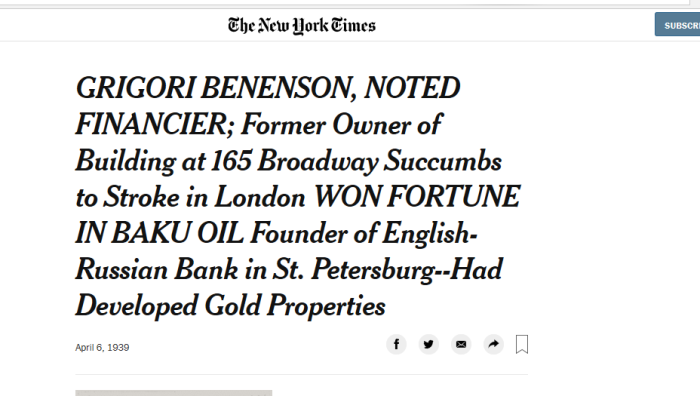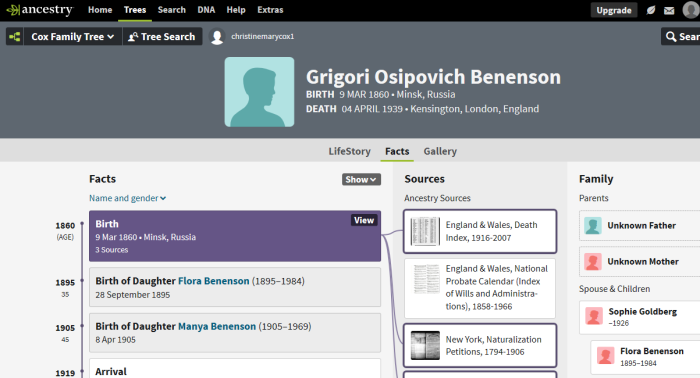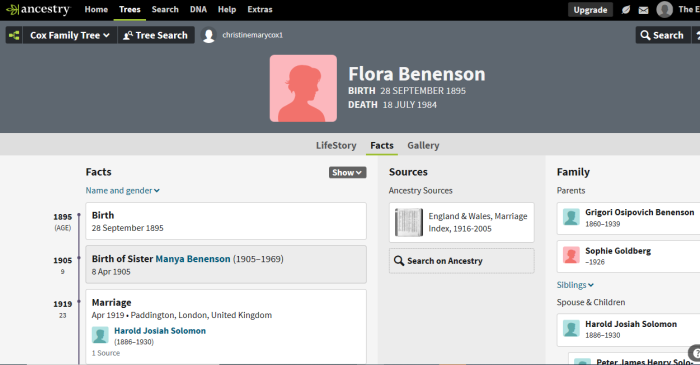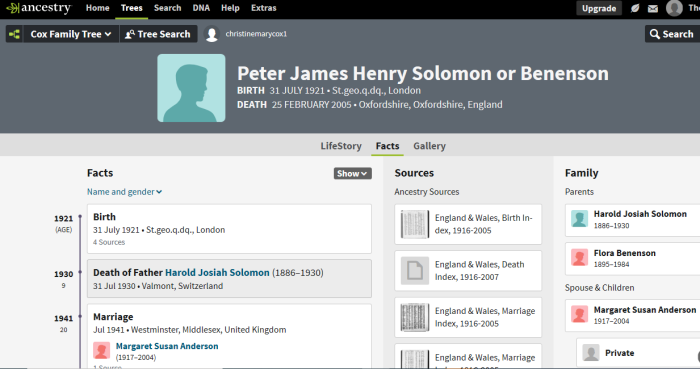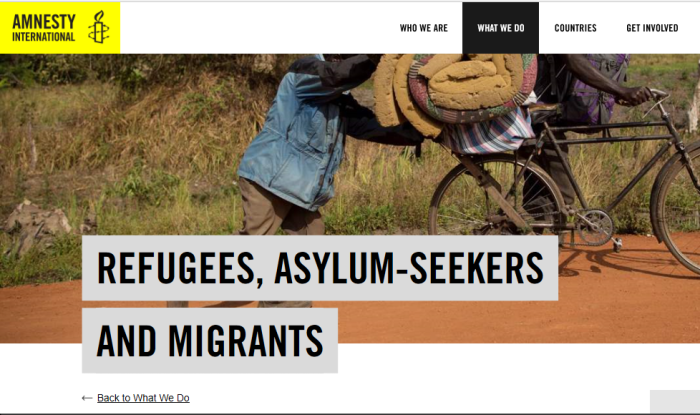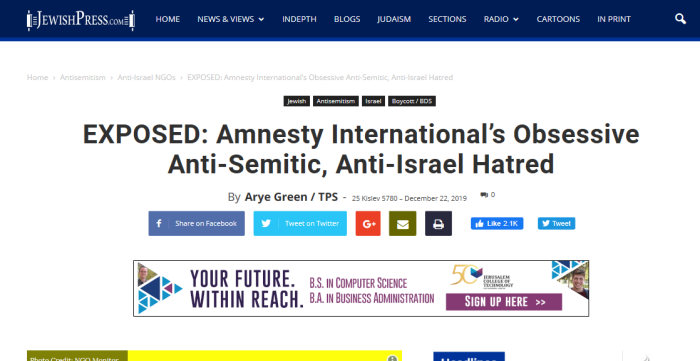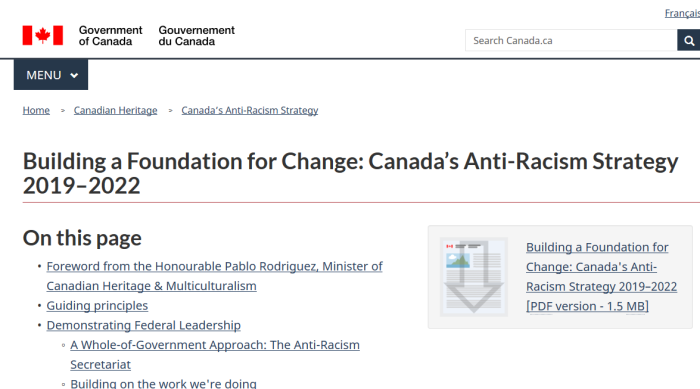
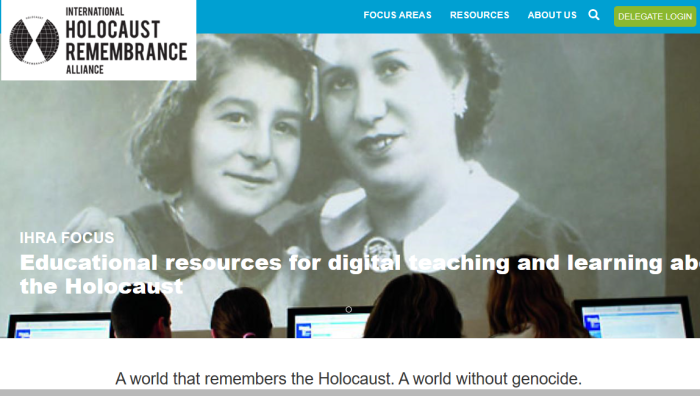
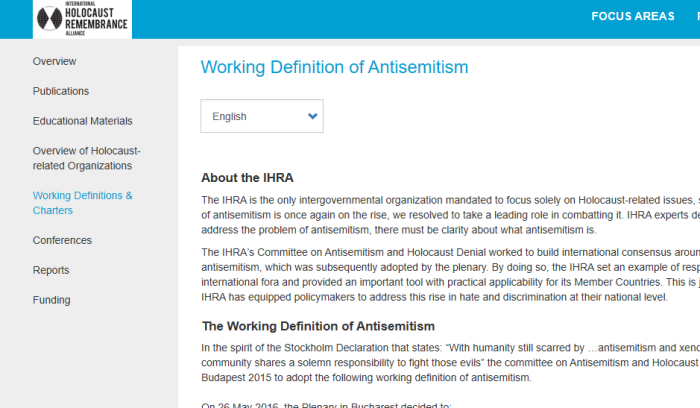
1. Important Links
CLICK HERE, for Ontario’s Bill 168, IHRA definition.
CLICK HERE, for previous piece on UN digital cooperation.
CLICK HERE, for piece on Richard Lee and UN internet governance.
CLICK HERE, for Canada’s anti-racism strategy.
http://archive.is/MuIex
CLICK HERE, for Canada’s anti-racism report.
ARS-Report-EN-2019-2022
CLICK HERE, for the Digital Charter.
Digital Charter PDF
CLICK HERE, for the IHRA definition of anti-Semitism.
2. Context For This Article
About the last piece (Ontario’s Bill 168) which would label criticism of Jews as hate speech, things are actually much worse. Things have been that way since May 2019. See this publication from the Federal Government.
To get this out of the way: I don’t know if this endorsement has any legal effect, and can be the basis for charging someone criminally or with hate crimes. Nonetheless, it is pretty chilling that any government which values freedom would entertain the idea of curtailing free speech to appease the never ending demands of this group.
We hear so often that something is “symbolic”, or not to worry because it’s “non-binding”. What then is the point of enacting or endorsing something with no real effect?
Iqra Khalid continues to be mocked (and rightfully so) for introducing M-103, the so-called blasphemy motion. This would ban Islamophobia, but without actually defining it. Yet, the Israeli lobby successfully advocates to have criticism of Jews banned as anti-Semitism — and the media says nothing. The double standard is obvious.
It’s hard to tell how much of this “anti-racism” strategy is throwing money around and virtue signalling, and how much will actually result in concrete action.
3. Anti-Racism Strategy Is Giant Slush Fund
In reading through the posted strategy, we come across the following figures. Note, there doesn’t seem to be any sign for how the spending of this money will be accountable to the public.
- $40B for national housing strategy
- $319M for Indigenous housing
- $671M for criminal legal aid
- $141.7M for youth in conflict with the law
- $19M for black youths
- $9M for Indigenous post secondary schooling
- $20M/year for “sector initiatives”
- $21M for foreign credential recognition
- $900M more for workplace developments
- $705M for social finance fund
- $50M for Indigenous Growth Fund
- $12.1M (for now) for poverty reduction
- $25M/year union training and innovation
- $46M (5 years) for skilled trades awareness
- $38M for pathways to education
- $400M/year for Aboriginal employment
- $50M skills and partnership fund
- $25M/year literacy training
- $90M/year youth employment strategies
- $12M/year for refugee and immigrant legal aid
- $45M/year for postsecondary support
- $40M/year on reserve income assistance
- $10M/year for Indigenous urban programming
- $5M/year to help Indigenous be self sufficient
- $8M/year for family violence prevention
- $10M/year for sports in Indigenous communities
- $4M for arts and culture
- $1.4M for arts training fund
- $4M for cultural spaces fund
- $11M/year for multiculturalism program
- $5M/year for court challenges
- $13M/year reintegrate Aboriginal offenders
- $54M/year in crime prevention
- $10M/year for violence prevention
- $0.5M/year for cultural competency training
- $0.3M/year for youth leadership
- $1.2M/year for inclusivity statistics
Plenty of pork being thrown around in the 2019 anti-racism strategy. But don’t worry, everyone except whites will be able to have a victim complex.
4. IHRA Definition Adopted
Under the section of “TERMINOLOGY”, the document lists a bunch of different terms, including anti-Semitism. It comes directly from the IHRA definition of Anti-Semitism. (It is footnote #2).
Antisemitism
Antisemitism is a certain perception of Jews, which may be expressed as hatred toward Jews. Rhetorical and physical manifestations of antisemitism are directed toward Jewish or non-Jewish individuals and/or their property, toward Jewish community institutions and religious facilities.
And at the bottom of the page, it specifically lists the IHRA working definition as the source.
International Holocaust Remembrance Alliance “Working Definition of Antisemitism”. For further information, visit: https://www.holocaustremembrance.com/working-definition-antisemitism.
5. IHRA Definition Of Anti-Semitism
On 26 May 2016, the Plenary in Bucharest decided to:
.
Adopt the following non-legally binding working definition of antisemitism:
.
“Antisemitism is a certain perception of Jews, which may be expressed as hatred toward Jews. Rhetorical and physical manifestations of antisemitism are directed toward Jewish or non-Jewish individuals and/or their property, toward Jewish community institutions and religious facilities.”
Don’t worry. While this sounds pretty vague, it is about to get much, MUCH more detailed in what exactly counts as anti-Semitism.
To guide IHRA in its work, the following examples may serve as illustrations:
Manifestations might include the targeting of the state of Israel, conceived as a Jewish collectivity. However, criticism of Israel similar to that leveled against any other country cannot be regarded as antisemitic. Antisemitism frequently charges Jews with conspiring to harm humanity, and it is often used to blame Jews for “why things go wrong.” It is expressed in speech, writing, visual forms and action, and employs sinister stereotypes and negative character traits.
Contemporary examples of antisemitism in public life, the media, schools, the workplace, and in the religious sphere could, taking into account the overall context, include, but are not limited to:
- Calling for, aiding, or justifying the killing or harming of Jews in the name of a radical ideology or an extremist view of religion.
- Making mendacious, dehumanizing, demonizing, or stereotypical allegations about Jews as such or the power of Jews as collective — such as, especially but not exclusively, the myth about a world Jewish conspiracy or of Jews controlling the media, economy, government or other societal institutions.
- Accusing Jews as a people of being responsible for real or imagined wrongdoing committed by a single Jewish person or group, or even for acts committed by non-Jews.
- Denying the fact, scope, mechanisms (e.g. gas chambers) or intentionality of the genocide of the Jewish people at the hands of National Socialist Germany and its supporters and accomplices during World War II (the Holocaust).
- Accusing the Jews as a people, or Israel as a state, of inventing or exaggerating the Holocaust.
- Accusing Jewish citizens of being more loyal to Israel, or to the alleged priorities of Jews worldwide, than to the interests of their own nations.
- Denying the Jewish people their right to self-determination, e.g., by claiming that the existence of a State of Israel is a racist endeavor.
- Applying double standards by requiring of it a behavior not expected or demanded of any other democratic nation.
- Using the symbols and images associated with classic antisemitism (e.g., claims of Jews killing Jesus or blood libel) to characterize Israel or Israelis.
- Drawing comparisons of contemporary Israeli policy to that of the Nazis.
- Holding Jews collectively responsible for actions of the state of Israel.
Antisemitic acts are criminal when they are so defined by law (for example, denial of the Holocaust or distribution of antisemitic materials in some countries).
.
Criminal acts are antisemitic when the targets of attacks, whether they are people or property – such as buildings, schools, places of worship and cemeteries – are selected because they are, or are perceived to be, Jewish or linked to Jews.
.
Antisemitic discrimination is the denial to Jews of opportunities or services available to others and is illegal in many countries.
Just reading the definition provided, it has to be asked: what DOESN’T make the list? What ISN’T anti-Semitism according to these people?
When it refers to anti-Semitic acts as criminal, is that in indication that criminalization of “anti-Semitism” is where they intend to go with this?
6. Jewish Media Celebrates Adoption Of IHRA Def.
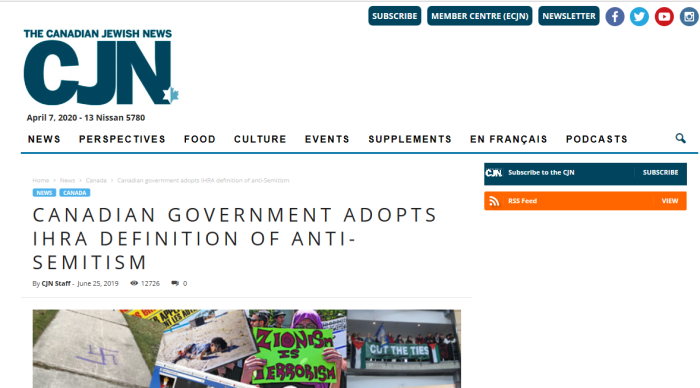
The Canadian Jewish News covered the story.
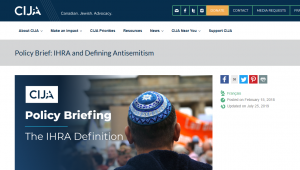
The Center for Israel & Jewish Affairs covered it.
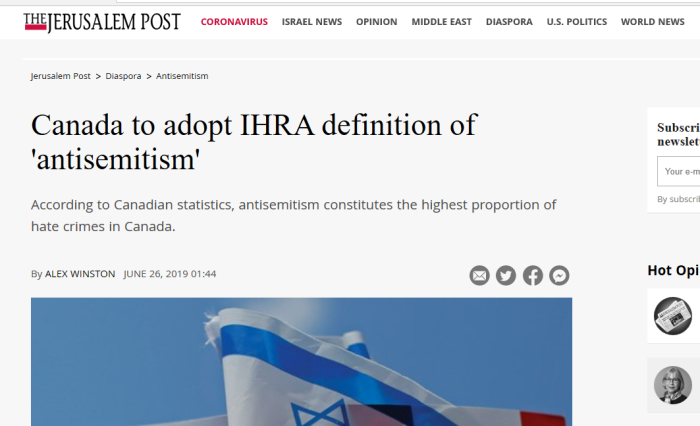
The Jerusalem Post covered it.
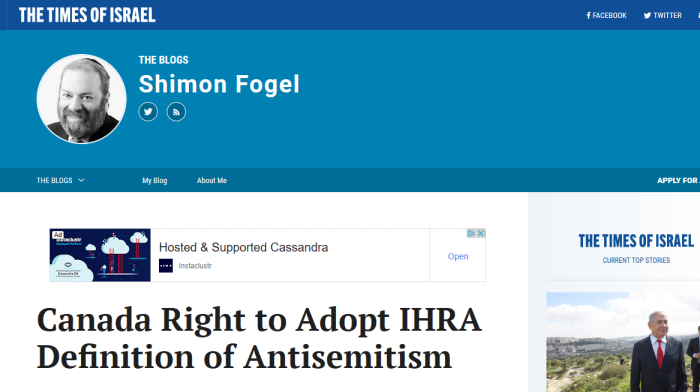
The Times of Israel covered it. Also note: Shimon Fogel is the President and CEO of CIJA, the Center for Israel and Jewish Affairs.
This is of course, just a sample of what is out there. But the point is that the Israeli and Jewish presses are on top of this story (which actually happened in the Spring of 2019). Mainstream media has chosen not to cover it, but mock Muslims for THEIR efforts to limit free speech.
7. Online Censorship Coming?
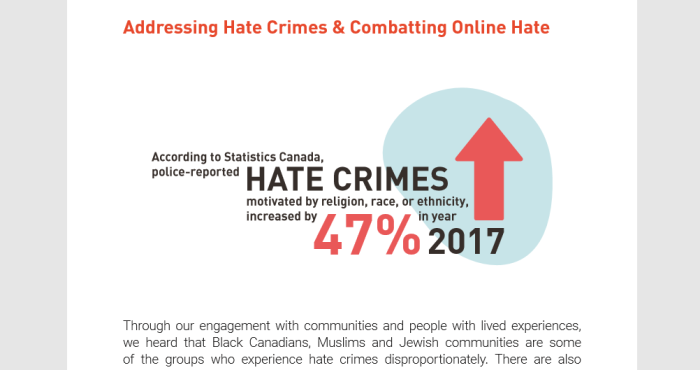
From the anti-racism report issued, the topic on online policing of “hate”, whatever that may be, is addressed.
Through our engagement with communities and people with lived experiences, we heard that Black Canadians, Muslims and Jewish communities are some of the groups who experience hate crimes disproportionately. There are also growing national and international concerns around the spread of online hate speech. We have even seen its impacts here at home when six lives were lost and many others injured during a horrific shooting at a mosque in Quebec City.
Interestingly, no mention of the rampant, anti-White racism that exists in today’s society. Whites are the only racial group that it is legal to discriminate against. But do go on.
Online platforms have increasingly become a tool to incite, publish and promote terrorism, violence and hatred. The March 2019 terror attack in Christchurch, New Zealand was a harrowing reminder that we need to take coordinated action to prevent social media and other online platforms from being used in these ways. That is why Canada joined the Christchurch Call to Action – a global pledge to eliminate terrorist and violent extremist content online. Through the Christchurch Call, governments and online services provider are making voluntary, collective commitments to combat online hate.
On some level it seems harmless enough. But how exactly do we make sure that these new powers won’t be abused to silence those who simply express unpopular opinions?
On a related note, internet regulation has long been proposed by the United Nations, and by a former Liberal candidate, long before the digital charter.
8. What Is The Actual Effect?
I don’t know. It’s unclear whether this is just pandering and symbolic, or whether there will be some real teeth in the measure. We won’t know until someone is fined or charged under it, and fights back.

